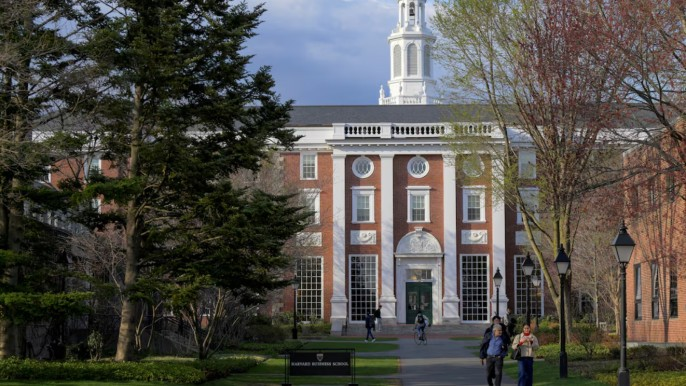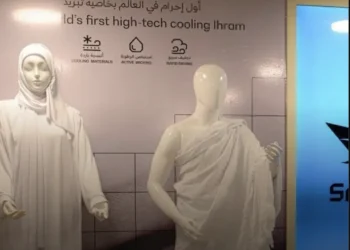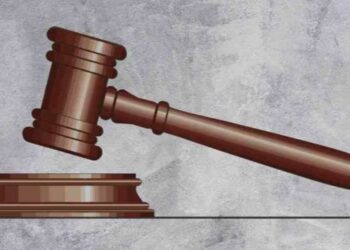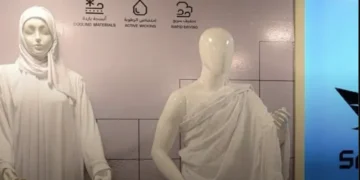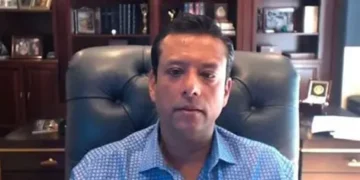One of America’s most famous universities, Harvard, has filed a lawsuit against the U.S. federal government. The reason? The Trump administration has stopped giving billions of dollars in federal funds to the university. Harvard claims that this judgement is unfair and politically motivated.
Why did Harvard file a lawsuit?
The complaint was filed on Monday and is part of a larger dispute between Harvard and the Trump administration. Last week, Harvard refused to accept a list of government demands, escalating the issue.
The government claimed those demands were necessary to reduce anti-Semitism (hatred against Jewish people) and to control certain political activities on campus. But Harvard said the demands were an attack on its independence.
What Did the Trump Administration Do?
After Harvard rejected the demands, President Donald Trump decided to pause or hold back about $2.2 billion in federal funding that Harvard was supposed to receive. On top of that, the government also threatened to remove Harvard’s tax benefits—which help the university save money.
Harvard Responds Strongly
Harvard’s president, Dr. Alan M. Garber, sent a letter to the university community. He said:
“This kind of interference by the government is extreme. It will have serious and long-lasting effects on our work and on society.”
He also said that the government’s decision would hurt many important research projects, including those related to:
- Pediatric cancer (children’s cancer)
- Alzheimer’s disease
- Parkinson’s disease
- The Government’s Explanation
In response, the White House made a statement on Monday night. Their spokesperson, Harrison Fields, said:
“Universities like Harvard have received a lot of money from the government for years. But that money comes from taxpayers—everyday Americans who work hard. We are now stopping this system of giving money without proper checks.”
He added that federal money is a privilege, not a right, and Harvard failed to meet the conditions required to keep receiving it.
Read More: Southeast University: A Knowledge Hub and Center of Holistic Development of Bangladesh
The Bigger Impact on Scientific Research
Harvard’s lawsuit says the government is purposely blocking important scientific work. The lawsuit also claims that this is part of a strategy to pressure the university to change its own academic rules and decisions.
Many of Harvard’s medical and science labs depend on federal funding. Without this money, a lot of life-saving research could be delayed or even stopped.
Other Ivy League Universities Also Affected
Harvard is not the only university facing problems. Other top U.S. universities have also had their federal funds paused:
- Cornell University: lost $1 billion
- Brown University: lost $510 million
- Columbia University: may lose $400 million, and has already accepted some government demands to avoid losing the money
These universities use federal funds for important discoveries and scientific innovations. Experts say this could damage America’s position as a leader in science and technology.
International Students Also at Risk
The Trump administration has also threatened to limit the number of international students Harvard can accept. This could make Harvard less diverse and less global in its student population.
Is Anti-Semitism a Real Issue at Harvard?
President Garber, who is himself Jewish, admitted that some anti-Semitic incidents have happened at Harvard. But he said the university is already working on it. They have created two special task forces—one to fight anti-Jewish and one to fight anti-Muslim discrimination.
Read More: BIDA, Police Assure Foreign Investors of Full Safety with Dedicated Contact Lines
Support From Former President Obama
Former U.S. President Barack Obama, who also graduated from Harvard, has publicly supported the university. He said this is not just about Harvard—it’s about protecting the freedom of education and academic independence across the country.
Conclusion: More Than Just a Lawsuit
This is more than just a legal battle. It is a fight for the future of education, science, and free thinking in the U.S. The result of this case could affect how universities work, what kind of research gets done, and who gets to decide what happens in American higher education.
Source: TBS
Share via:

